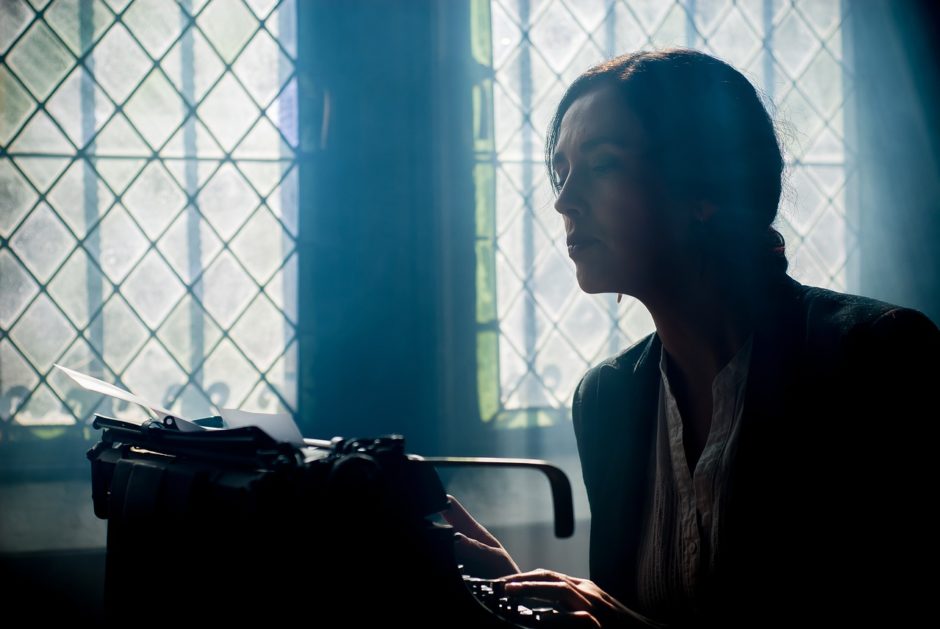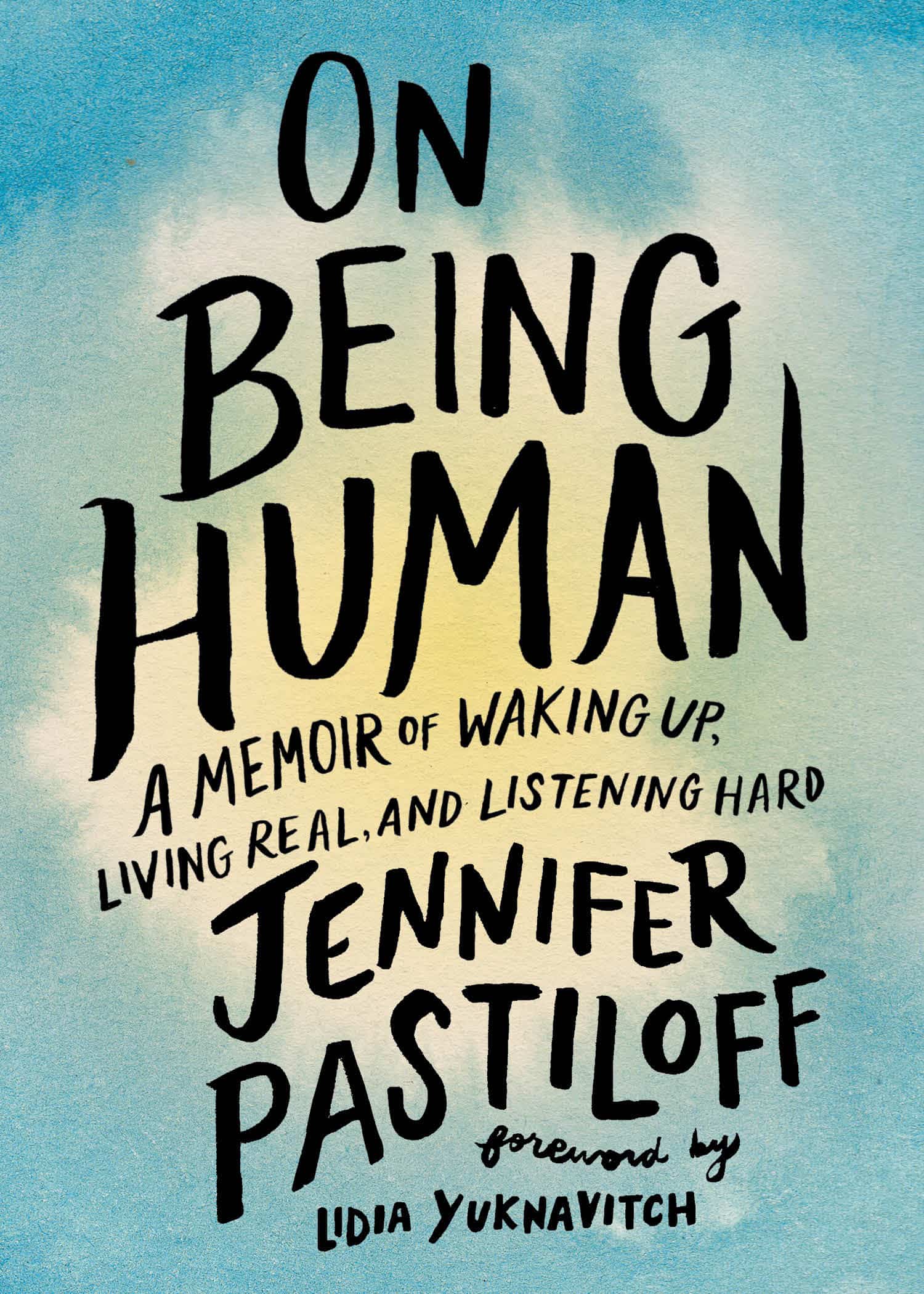By Pam Munter
As a writer, I’ve been asked more than once: What book changed your life? My response is always the same: It wasn’t a book. It was a writer who never wrote a book. I wish I could say she was my hero but I barely knew her. Sometimes the most surprising act of kindness can transform a life.
Her name was Clara McClure and her family lived in a white clapboard house across the street from us on eucalyptus-lined Hartzell Street in then-middle-class Pacific Palisades. It was the late 1950s, long before the dawn of cultural feminism. This was the era of “Ozzie and Harriet” and “Father Knows Best” the traditional family unit writ large. Nobody was a stranger in our neighborhood, full of stay-at-home housewives, including my mother, who frequently met in each other’s homes in the mornings after the husbands and children were gone for the day. They’d drink coffee, smoke their cigarettes and talk about family members and other neighbors who weren’t there.
I was a teenager, a senior eager to graduate from high school with a nonacademic music major. The only women I knew who worked were my teachers and all of them were married. That was the only career path available in my direct line of sight. Then there was Clara.
Almost directly across the street were the McClures. Neighborhood gossip revealed Don to be an often-absent alcoholic, seldom seen by any of us. There were two sons, both older than I was. The eldest, Reed, was portly and taciturn. The only time I laid eyes on him was when he and his brother, Doug, threw a ball—football or baseball, depending on the season—back and forth in the street. When I looked out my living room window and saw them out there, I ran outside and sat on the curb, hoping in vain to be asked to be a part of the game. I was probably eight or nine. Clara wasn’t routinely visible, either, at least during the week. I knew she had a real job, a profession. She was a columnist for the Santa Monica Evening Outlook.
Back then, we subscribed to two newspapers, the Herald Express (later Herald-Examiner) delivered in the morning and the Santa Monica Evening Outlook at night. Santa Monica was just down the hill, a few miles away off the Pacific Coast Highway, so we considered it a local paper. Santa Monica was where everyone shopped, where our doctors had their offices, and where the community college was located. The Outlook was the primary newspaper of record covering the daily history of Santa Monica from its inception in 1875 until it ceased publication in 1998.
When Clara was home, she would leave her Dutch front door open but I never thought to approach her unless she was in the front yard. When I did, she was friendly and warm, smiling to show off her high cheekbones and riveting blue eyes that slanted downward at the outer corners. It was those eyes that gave her a wise, benevolent demeanor. Even though she sported a perpetually bemused expression, her face had “no-nonsense” written all over it.
We didn’t socialize with the McClures. I never knew if that was because Clara was a “career girl,” as they were called then, or because her husband was an alcoholic. Both were equally threatening to our conservative, white bread neighborhood. I realized early on in my childhood she wasn’t like the rest of us, an outlier. And I found that fascinating.
But, instead of seeking out Clara, I got distracted by Doug’s escalating fame. I first found out he was an actor when I spied him on the cover of a Ray Anthony LP album cover. He was tall and sun-bleached-blonde with an ingratiating smile and great teeth, like his mother. He appeared in small roles in several movies I had enjoyed, notably “Gidget,” starring Sandra Dee. Soon, he was starring on TV, as Trampas on “The Virginian,” a western series repeatedly lodged in the top ten. Now there would be no more playing catch in the street. Reed had gone off to the Navy and Doug was always working, seldom home.
Clara’s column appeared regularly and I often enjoyed reading it. I’m sure we had occasional conversations, too, when we were both outside doing yardwork, but I can’t remember any of them. Well, other than the one where I asked her if Reed had come home with a Bluejacket’s Manual, often issued to sailors when they arrived in training camp. I was likely about 12 then and was giving serious thought about joining up, after seeing “The Caine Mutiny” a dozen times. She couldn’t find his book (I stole one from the library soon afterwards) and she apologized.
Flash forward to high school graduation. I guess Clara saw all the comings and goings involving the celebrations and asked me what I had planned to do next. I’m pretty sure I had informed her that I had embraced journalism, myself. I was a film reviewer for the high school paper and promoted to managing editor my senior year. Sometime during that last year of high school, I had come to the decision, however, that I wasn’t going to go to college. No one in my immediate family had ever matriculated beyond high school so there was no pressure, no support and no role modeling. I proudly declared to Clara that I wanted to become the next Darryl F. Zanuck and run a major motion picture studio. None of the moguls went to college, I explained. In fact, most of them were high school dropouts, if indeed they got that far. Never mind that it would be an impossible reach for a girl at that point in history and for many more decades. I don’t recall Clara’s response, if there was one.
But a week or so later, I happened to read her column in the Outlook and was startled to see that she had written about me! I was so stunned that I could barely make out the words. She recounted our conversation and added, “It’s a shame that someone so smart and talented would decide not to college. I wonder what might change her mind.” I kept reading it over and over. A famous columnist had written about me. Why did she care? I was both flattered and embarrassed at the same time but it was enough of a thunderbolt to cause me to rethink things. I had just graduated with no plan other than checking the classified ads every day. My father had been pressuring me to apply for a job in the typing pool where he worked at Douglas Aircraft. It seemed like an existential death sentence.
The following week, I drove down the hill in my bright blue Fiat 600, found Santa Monica City College, and enrolled. Just like that. As a theater arts major. It served as a propitious beginning of more than a decade of university learning, culminating in six degrees, four at the graduate level.
Surprisingly, Clara and I never discussed that column. I did tell her I had changed my mind and was going to college, majoring in theater. I don’t remember what led up to it but she took me to lunch at a fancy restaurant in Santa Monica and we talked about my goals. A few days later, Doug called me to give me career advice about show biz, obviously at Clara’s suggestion.
Much later, I would discover some intriguing similarities between our families. Both Clara and my father were born in the UK, in contiguous regions and within three years of each other. My family’s surname was Osborne, which was also Doug’s middle name. He wasn’t named after anyone in our family because we weren’t even acquainted at the time of his birth. Still, it’s a fascinating coincidence. Did anyone in my family know this at the time?
Well, I did become an actor and a writer, among other things, and I certainly fell in love with higher education, teaching both political science and psychology in universities for more than a decade. But that’s another story.
As I look back, it all started with that casual conversation with Clara McClure, my extraordinary, nonconforming neighbor, who took an interest and made an unexpected emotional investment. No, it wasn’t a book that altered the trajectory of my life. What made the difference were the words and deeds of a compassionate neighbor who wrote for our local newspaper and, with her singular act of kindness, changed everything.
Pam Munter has authored several books including When Teens Were Keen: Freddie Stewart and The Teen Agers of Monogram (Nicholas Lawrence Press, 2005) and Almost Famous: In and Out of Show Biz (Westgate Press, 1986) and is a contributor to many others. She’s a retired clinical psychologist, former performer and film historian. Her many lengthy retrospectives on the lives of often-forgotten Hollywood performers and others have appeared in Classic Images and Films of the Golden Age. More recently, her essays and short stories have been published in more than 100 publications. She’s a Pushcart nominee and has an MFA in Creative Writing and Writing for the Performing Arts. Her memoir, As Alone As I Want To Be, was published by Adelaide Books in 2018.
Jen’s book ON BEING HUMAN is available for pre-order here.







No Comments